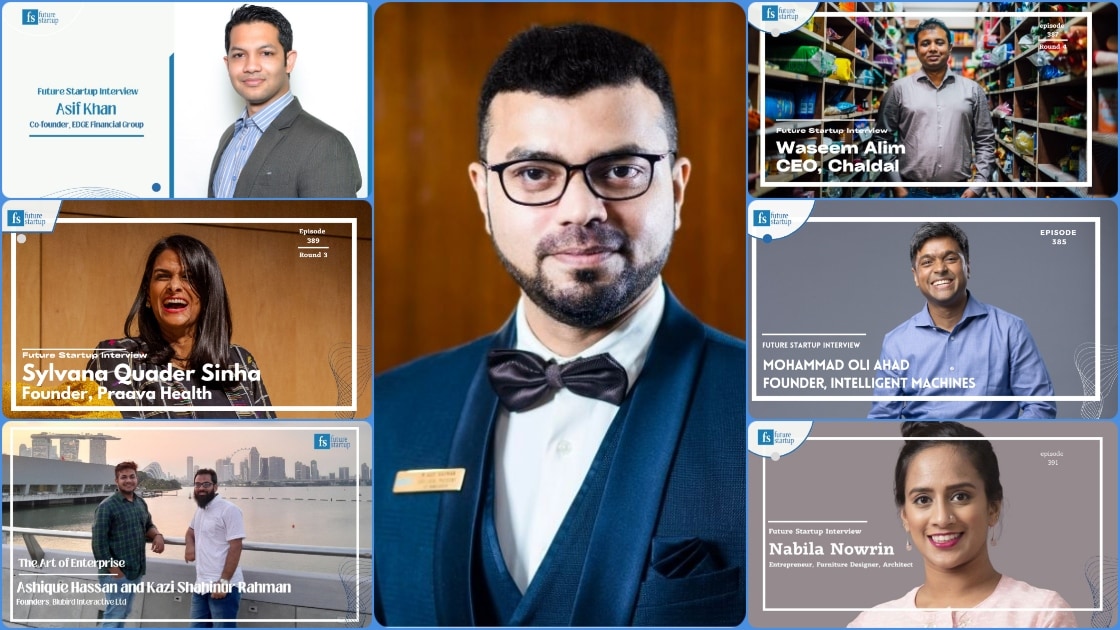
Building companies is the ultimate act of manifestation—you create something where there was nothing before. It is a zero-to-one act. And it is hard. That’s why many people compare entrepreneurship with eating glasses.
The challenges of building a business are multiplicative. The actual process of creating a business from scratch is endlessly tough. It gets even more so when you add the psychological costs of entrepreneurship. It is a lonely journey for most founders. It is lonely when days are good. It is lonely when they are not. The average startup failure rate, which many studies put above 90%, reflects this reality. Why would so many fail if it was easy to build a company?
The other reason I think the startup failure rate is so high and entrepreneurship so hard is because learning entrepreneurship is not easy. Nothing prepares you for a zero-to-one journey.
First of all, in a market like Bangladesh, local knowledge about the market and business remains scarce. More importantly, you can’t learn entrepreneurship by studying business textbooks because entrepreneurship is mostly tacit knowledge. It is like cycling. You can read as much as you want about cycling, but you can’t successfully learn cycling unless you ride a bike and fall a few times.
Similarly, to truly gain useful insights about how to build a business, you have to start one, stumble a few times, and learn by doing. There are a few other alternatives.
One other alternative that I have found comes close to gaining tacit knowledge is reading the experiences and stories of other entrepreneurs. These stories of founders and operators give you a glimpse of how things are done in practice—how founders come up with ideas, how they gather resources in the early days, how they tackle early challenges, how they build the organization, what propels the growth of a company, and so on. This can’t be an alternative to doing the real thing but it does provide an understanding of what it takes to build a business.
You can learn tricks, tactics, and strategies that worked for these people and companies. Additionally, you can learn from the mistakes of others instead of making them yourself. As Warren Buffet pointed out: it is far more beneficial to learn from others’ mistakes than making your own.
This is where I find our The Art of Enterprise and Founder Stories interviews with founders and operators useful. We have been doing these interviews for a long time and we have done so many of them. We have found every one of them worth reading and worth studying. They come with invaluable insights and tacit knowledge that can only come from people who have done it.
We know many of you love these interviews. To aid you in your learning journey, we publish these collections of fascinating past interviews from time to time. Following in that tradition, this time we have compiled 7 AOE interviews from the recent past. Each interview provides an in-depth look into some of the fascinating organizations and the mechanics of building successful businesses. Enjoy!
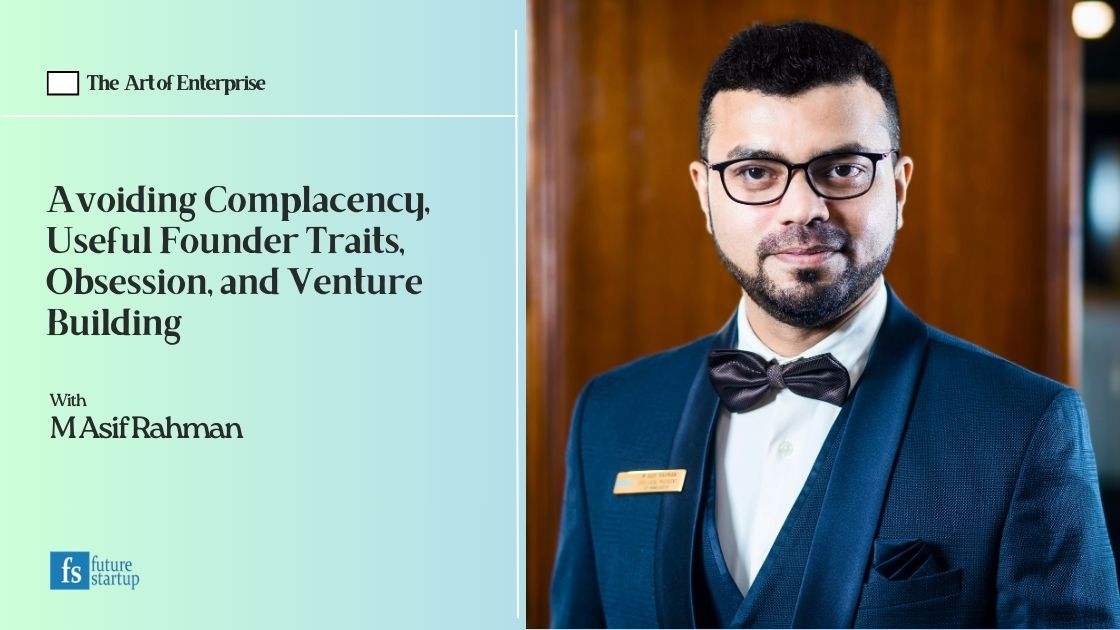
M Asif Rahman, the Founder and CEO of ARCom and the Founder of Startise, candidly reflects on the pivotal experiences that shaped his approach, shares his perspectives on must-have founder traits, deploying capital responsibly, avoiding pitfalls that derail many startups, cultivating the obsessive dedication necessary to succeed against odds, his takes on Bangladesh’s startup ecosystem, and a lot more. Learn how to build lasting enterprises and lessons from the trenches of venture building from someone who has experienced the highs and lows firsthand.
“I have tried many ventures and encountered failure numerous times. My experience has revealed a recurring pattern in every successful venture: the unwavering dedication of at least one individual. In every win, there has always been someone who devoted themselves wholeheartedly to the project, someone who lived and breathed it 24/7, with complete alignment of goals, vision, and commitment to the product. The specifics of the plan or execution are secondary to this crucial ingredient.”
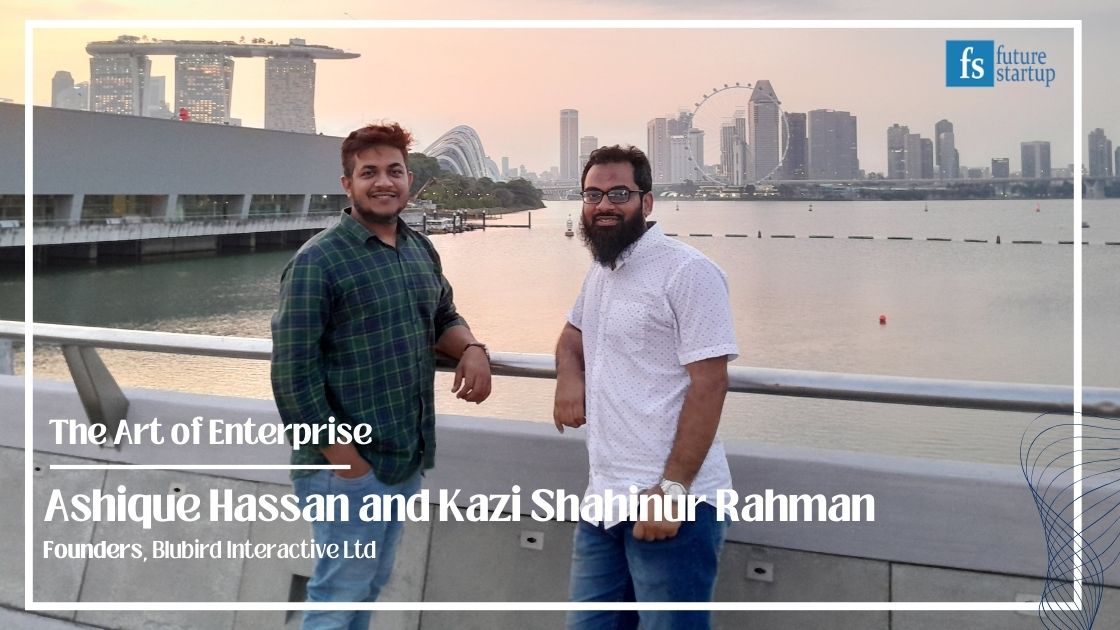
Ashique Hassan and Kazi Shahin Rahman are founders of Dhaka-based software development company Blubird Interactive Ltd. Founded in 2013, the company started as a small boutique software services shop and has since grown to a 30-person team, with clients in several markets including the US. Get a nuanced picture of what entrepreneurship looks like in action and learn about Blubird’s origin and its journey, the growth trajectory of Blubird, the surprising challenges of entrepreneurship, the secret behind its eventual success, and its ambition going forward.
“Knowledge can be limiting sometimes. You can become accustomed to a certain way of doing things and consider any new ways as infeasible or inappropriate. You can become fearful and indulge yourself too much in thinking about how to do certain things and the right and wrong way of doing it. Contrarily, our approach was more like starting first and then figuring it out as you go along. If something needed to be done, we started doing it without thinking twice and then we learned and improvised as we went along. If a certain approach didn't work, we tried a new approach.”
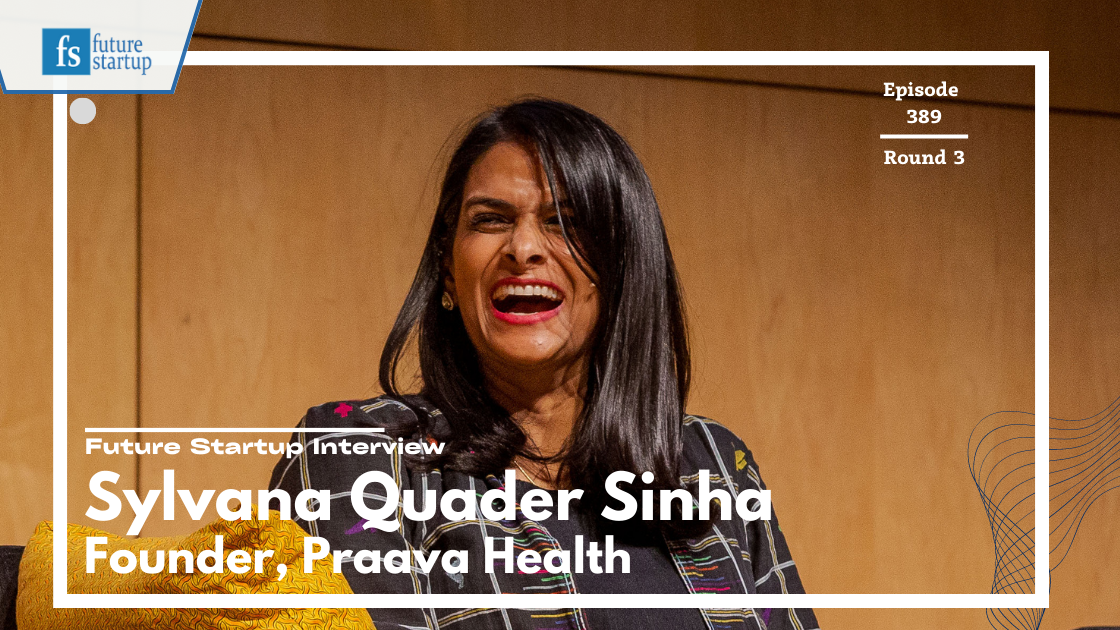
Praava Health Founder and CEO Sylvana Quader Sinha talks about all things healthcare in Bangladesh, Praava Health, the future of digital healthcare services, and organization building. Learn about Bangladesh’s healthcare system, the state of private investment in healthcare, lessons in building healthcare services in Bangladesh, Praava Health’s current state of operation and strategic direction, innovations in healthcare, building a humane healthcare system, being intentional about creating your organizational culture, and more.
“Pursue the opportunities that allow you to grow and learn at the rate that you know you're capable of, no matter what those opportunities might be. That could be starting a company, working in a business, or working for a large company. It could be anything, but that should be your guiding light. Don't just go work for an MNC that pays a lot. I understand that finances are real, and we have to look at the value of the package. But assuming that is managed, I think you should look for the opportunity that will allow you to grow and learn, and get closer to what you want your life's work to be.”
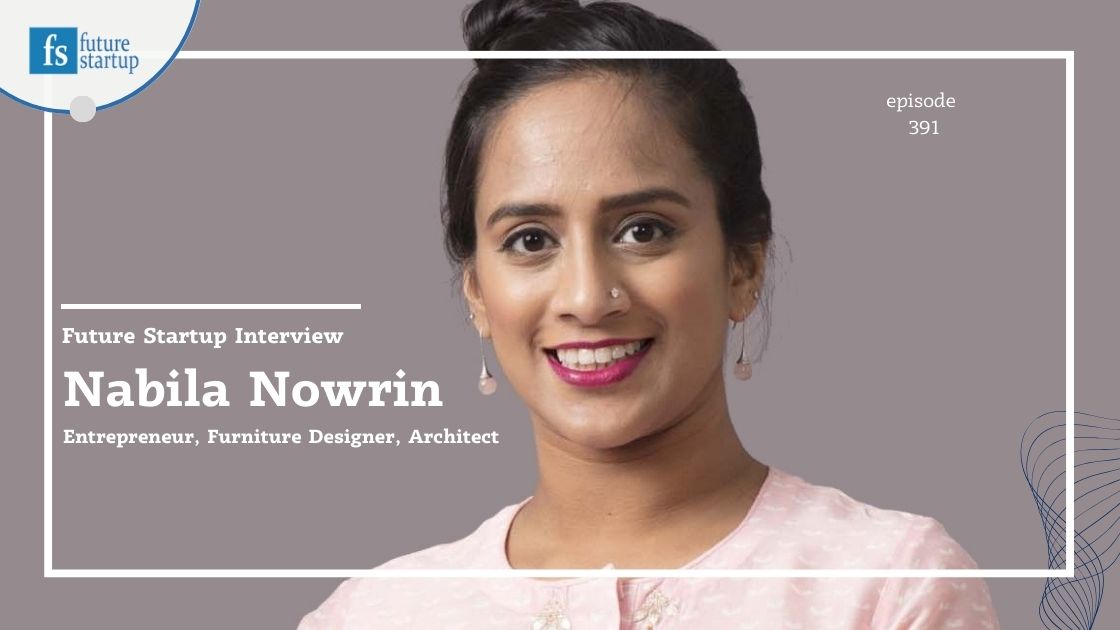
Nabila Nowrin is a Dhaka-based serial entrepreneur, furniture designer, and architect. She is the co-founder of Moar Space Limited, Dhaka's premier coworking space, the contemporary urban furniture design and manufacturing company, Bohu Bangladesh, and the architecture and interior design consultancy firm, Ree Architects. Learn about the making of Moar, the challenges of building an organization, the surprising challenges of being an entrepreneur, the state of Moar’s business today, and ambition going forward, and the outlook for coworking spaces in Bangladesh and the pain and pleasure of being a founder.
“I like fiction a lot. I read Dune before the movie came out and it was amazing. When you read fiction, you can dream. This is one of the ways I ideate. When I ideate, I try to superimpose one thing over another thing. If this thing happens, then what will happen next? That's why I like fiction a lot. After reading fiction, I daydream about it and think about it for days.”
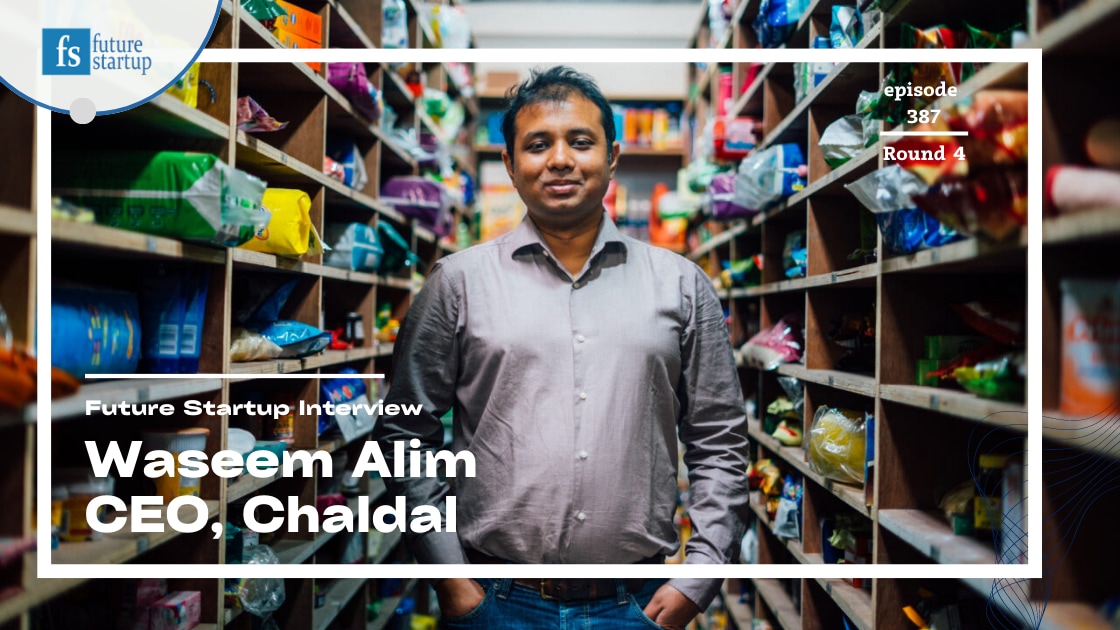
Chaldal Co-founder and CEO Waseem Alim talked about Chaldal’s current state of operation, priorities, strategic direction, the rationale behind Chaldal’s recent move to pull back from several cities outside Dhaka, how the current economic environment affects Chaldal and the broader venture ecosystem in Bangladesh, the state of ecommerce growth in Bangladesh and his take on its future, the state of Bangladesh startup ecosystem, why Bangladesh needs local venture capital and investment ecosystem, why local conglomerates should invest in startups and step up their philanthropic efforts, the cultural challenges in Bangladesh’s business scene, why challenging times are good for good business, his strategies for navigating tough times and much more.
“It's always a difficult time. Even in the good times, it's a difficult time. Sometimes you don't have to worry as much about survival and sometimes you have to worry a bit more about survival. That's the difference. Regardless of that, every morning we wake up and there are challenges. Life is an everyday thing. You can’t solve your problems all at once and get done with it. Most of the days in the last 10 years, I've worked as hard as I could. I don't think that's going to stop. The challenge when you are not growing is that the morale is usually low. Keeping people's morale high is important. Those are the source of the difficulty.”
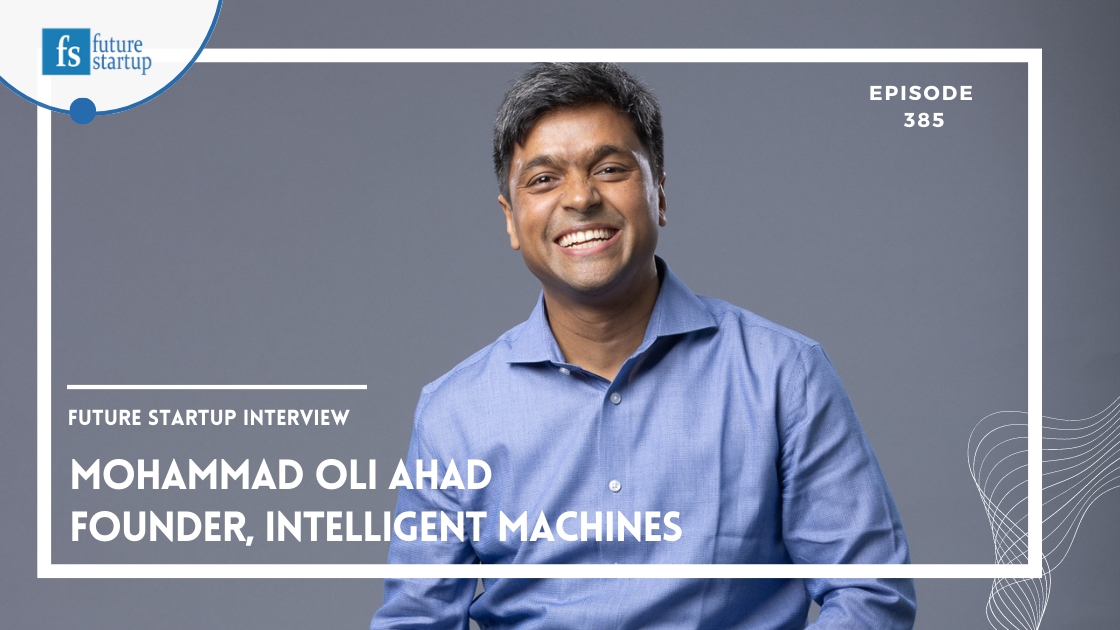
Mohammad Oli Ahad is the Founder and CEO of Intelligent Machines Limited, a Dhaka-based enterprise AI products and data science services company. Learn about all things Intelligent Machines, artificial intelligence, and business building. We talked about a wide range of topics, including his personal journey to what he is doing today, how Intelligent Machines came into being, what motivated him to start the company and how he put together the initial resources to get started, what the early days of Intelligent Machines were like, the state of Intelligent Machines' business today, its products and services, strategic direction, and future plans, the state of developments in the artificial intelligence space, the evolution of Intelligent Machines as an organization, the challenges and rewards of being a founder, his evolution as a founder, his favorite books, the lessons he has learned along the way, and much more.
“One lesson is this realization that since my behavior influences and impacts everyone in a disproportionately bigger way, I need to be careful. I cannot afford not to be careful. That's one major lesson I would say. Previously in our all hands, people would anticipate anxiously how Oli bhai would behave today, whether he would be upset or get depressed or sad, but now it does not happen anymore.”
Future Startup Interview: Asif Khan, Co-founder, EDGE Financial Group
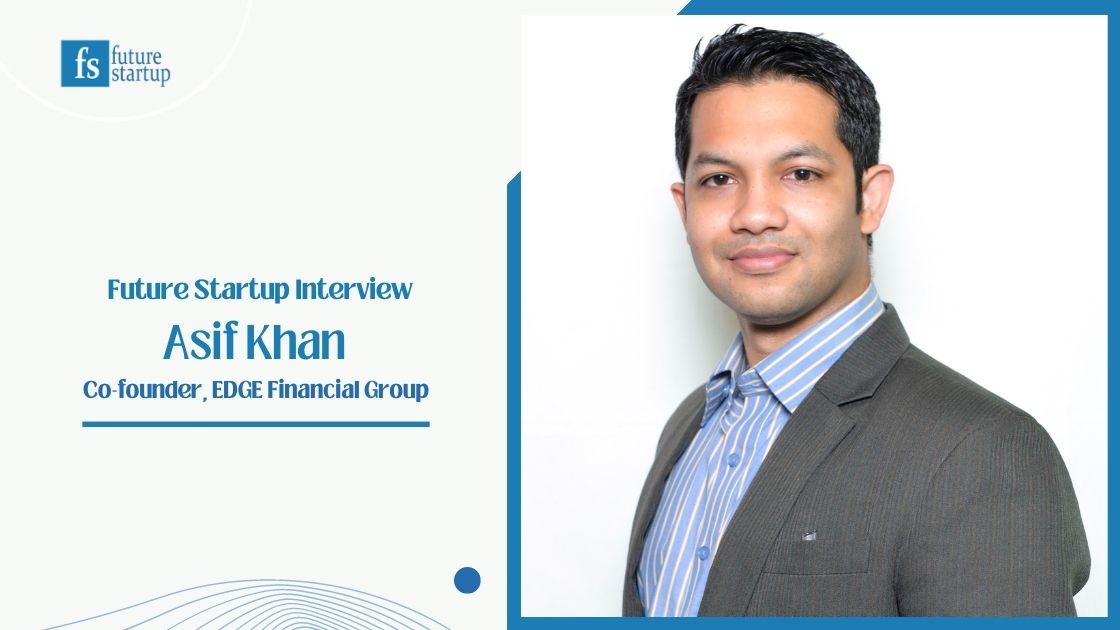
Asif Khan is the Co-founder of EDGE Financial Group. The group runs asset management firm EDGE AMC Limited, independent equity research firm EDGE Research & Consulting Limited, and recently launched VC fund EDGE Ventures Limited. Learn about how to think about personal finance and investment, how should people think about investment during tough times, the evolution of EDGE companies, the state of EDGE’s business today, how EDGE has built a culture of continuous learning and rigorous knowledge seeking, lessons from building a financial services company amidst a difficult economic environment, lessons in doing good work and building companies, advice for young people, the secrets of exceptional entrepreneurs and investors.
“We all talk about networking, that networking is good, etc. However, this concept has to be almost internalized or understood by each person on their own. Technical knowledge, at one point, has a limit. But who you know opens up a lot of opportunities.”
More from Future Startup
The Art of Enterprise | Founder Stories | Business Deep Dive | Insight | Book Review
Work With Us: Brand Partnership | Email Newsletter Sponsorship
Participate in our movement: Share your story
